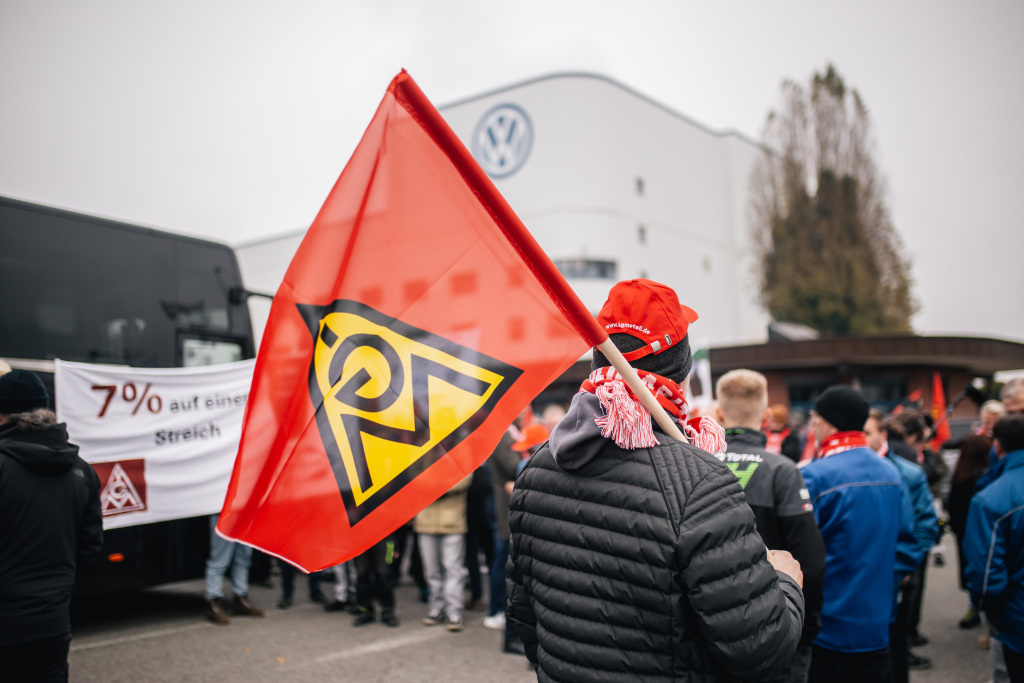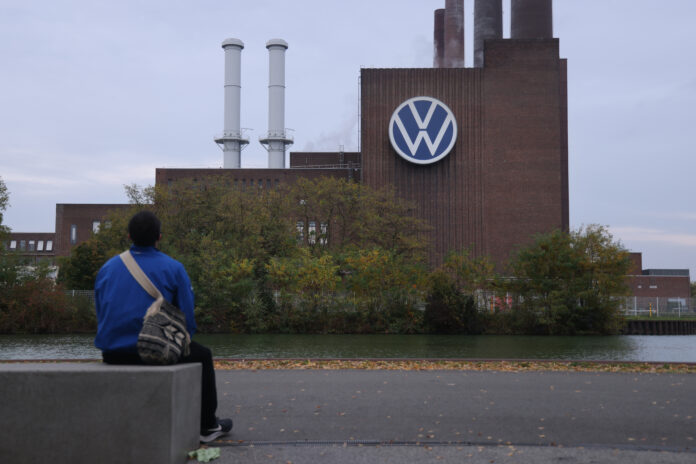Nine factories across Germany grind to a halt in largest walkout since 2018
Thousands of Volkswagen workers across nine German factories, including the automaker’s EV-only plant in Zwickau, walked off the job Monday morning in a massive strike protesting pay cuts, job losses, and potential factory closures. The walkouts, led by the IG Metall union, have brought assembly lines to a standstill, marking the largest disruption to Volkswagen’s German operations in over five years.
Union vows escalation amid stalled negotiations
The IG Metall union, representing 120,000 Volkswagen workers, has warned of potential 24-hour strikes or even more severe actions if their demands are not met. “Volkswagen has set our collective bargaining agreements on fire,” said IG Metall’s chief negotiator, Thorsten Groeger, adding, “This could become the toughest wage dispute Volkswagen has ever seen.”
The union’s demands follow Volkswagen’s plans to cut pay by 10%, lay off thousands of workers, and potentially close at least three factories in Germany. The automaker has cited financial struggles, including declining sales in China and mounting competition from Chinese EV makers, as reasons for its drastic cost-cutting measures.

Strike impacts key production sites
Monday’s strikes include walkouts at Volkswagen’s Wolfsburg headquarters and other major sites, including Hanover, Salzgitter, Brunswick, and Emden. Demonstrations are also planned at the Zwickau EV-only plant, with strikes at this facility expected to extend into Tuesday.
Volkswagen’s restructuring efforts come as it battles to stay competitive in a rapidly evolving automotive market. The company is under pressure to streamline production, shorten development cycles, and rethink its EV retail model.
Historic significance and broader context

This is the largest strike at Volkswagen’s German operations since 2018 when 50,000 workers protested pay disputes. It follows similar unrest in late October when Volkswagen announced plans to close its Audi plant in Brussels, triggering major rallies in Belgium.
Volkswagen’s struggles are tied to a steep decline in sales in its core Chinese market and growing competition from Chinese automakers like BYD, which are also expanding into Europe. The company is navigating a delicate balance of cutting costs while maintaining its position in the global automotive industry.
As the strikes continue, all eyes remain on Volkswagen’s response at the bargaining table and whether the automaker can resolve one of its most significant labor disputes in recent history.


